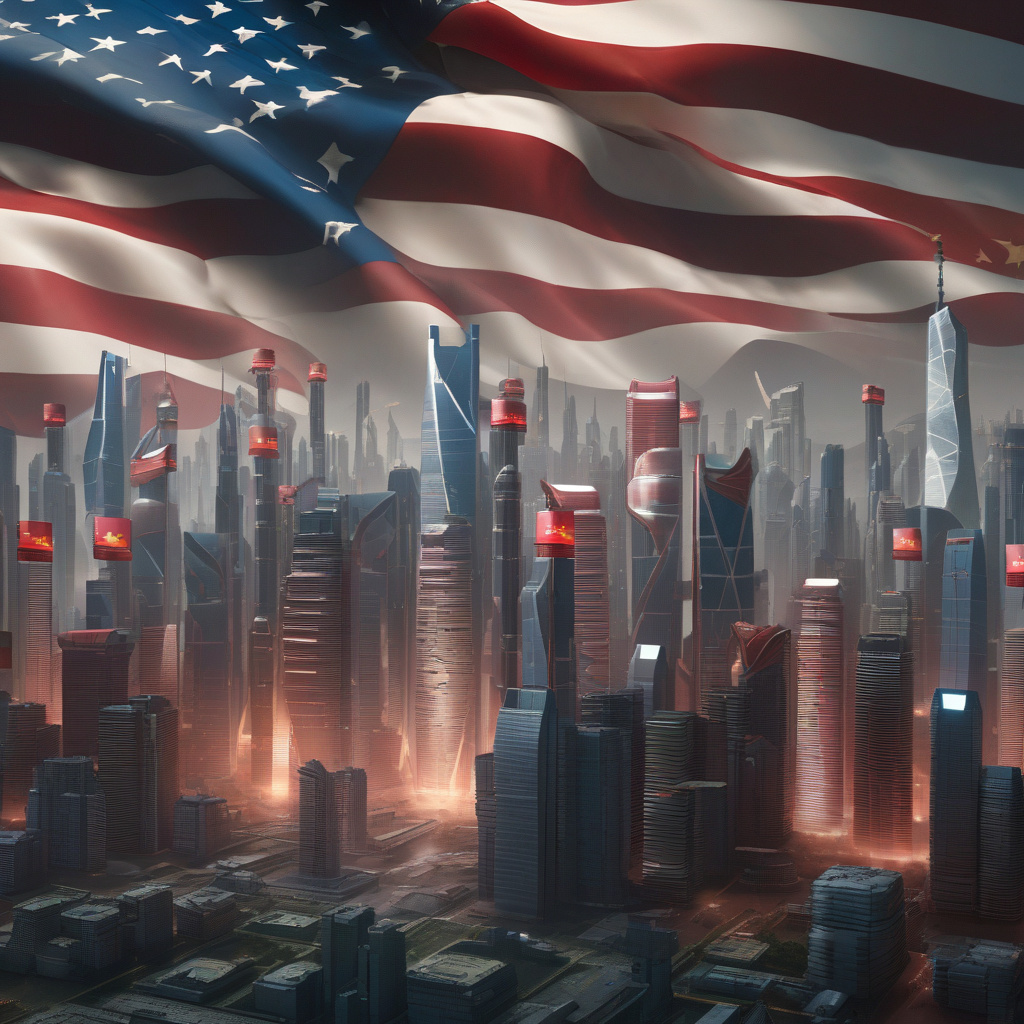US Tightens Export Controls on Advanced AI Chips Amid China’s Pushback
In the ever-evolving landscape of global technology and innovation, the United States is taking a bold stance to tighten export controls on advanced AI chips. This strategic move is aimed at limiting China’s rapid technological advancement, particularly in the realm of artificial intelligence, which has significant implications for both commercial and military applications.
As the race for AI supremacy intensifies, the US government has raised concerns about the transfer of cutting-edge technology to China, citing national security risks. By imposing stricter regulations on the export of AI chips, the US aims to safeguard its technological edge and prevent adversaries from gaining access to critical capabilities that could compromise its strategic interests.
China, on the other hand, has strongly criticized these measures, denouncing them as acts of “bullying” and protectionism. The Chinese government views the US restrictions as an attempt to stifle its technological growth and maintain dominance in key sectors where China has been making significant strides in recent years.
The escalating tensions between the two global superpowers reflect a broader competition for technological leadership and economic influence. AI has emerged as a pivotal technology with far-reaching implications across industries, from healthcare and finance to defense and autonomous systems. As such, control over AI development and deployment has become a central focus of geopolitical rivalry.
The US decision to tighten export controls on advanced AI chips underscores the strategic importance of maintaining a competitive edge in critical technologies. By restricting the flow of AI-related components to China, the US aims to mitigate the risk of technological leakage and safeguard its position as a global leader in innovation and security.
While the move may disrupt supply chains and impact international trade relations, the US government remains steadfast in its commitment to protecting sensitive technologies and preserving national interests. As AI continues to reshape the global landscape, regulatory measures will play a crucial role in shaping the future trajectory of technological progress and strategic competition.
In conclusion, the US tightening export controls on advanced AI chips marks a significant development in the ongoing rivalry between the US and China for technological supremacy. As both countries navigate complex geopolitical dynamics and economic interests, the regulation of AI technologies will remain a contentious issue with far-reaching implications for global innovation and security.
#US, #China, #AI, #exportcontrols, #technologicalrivalry











